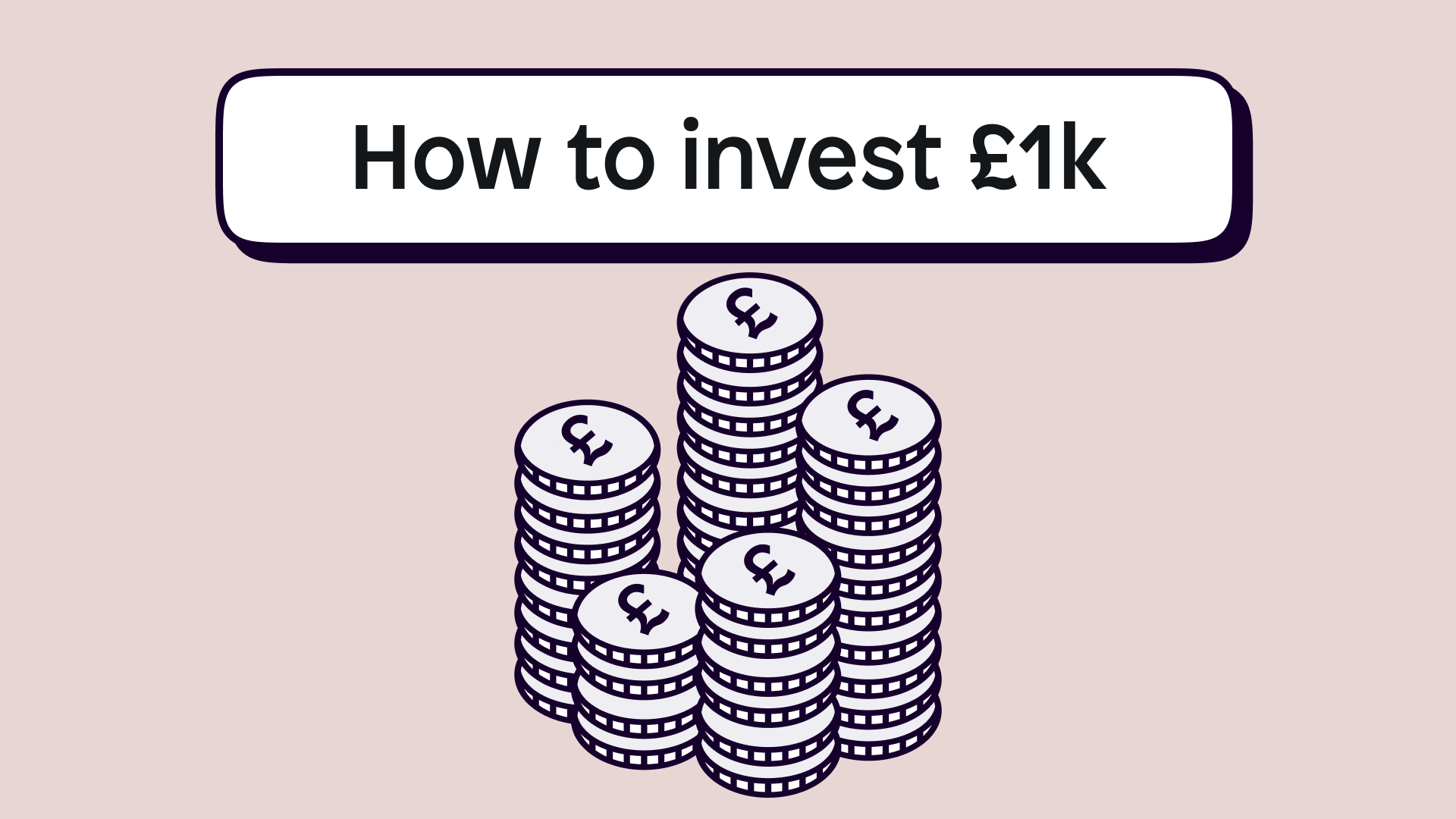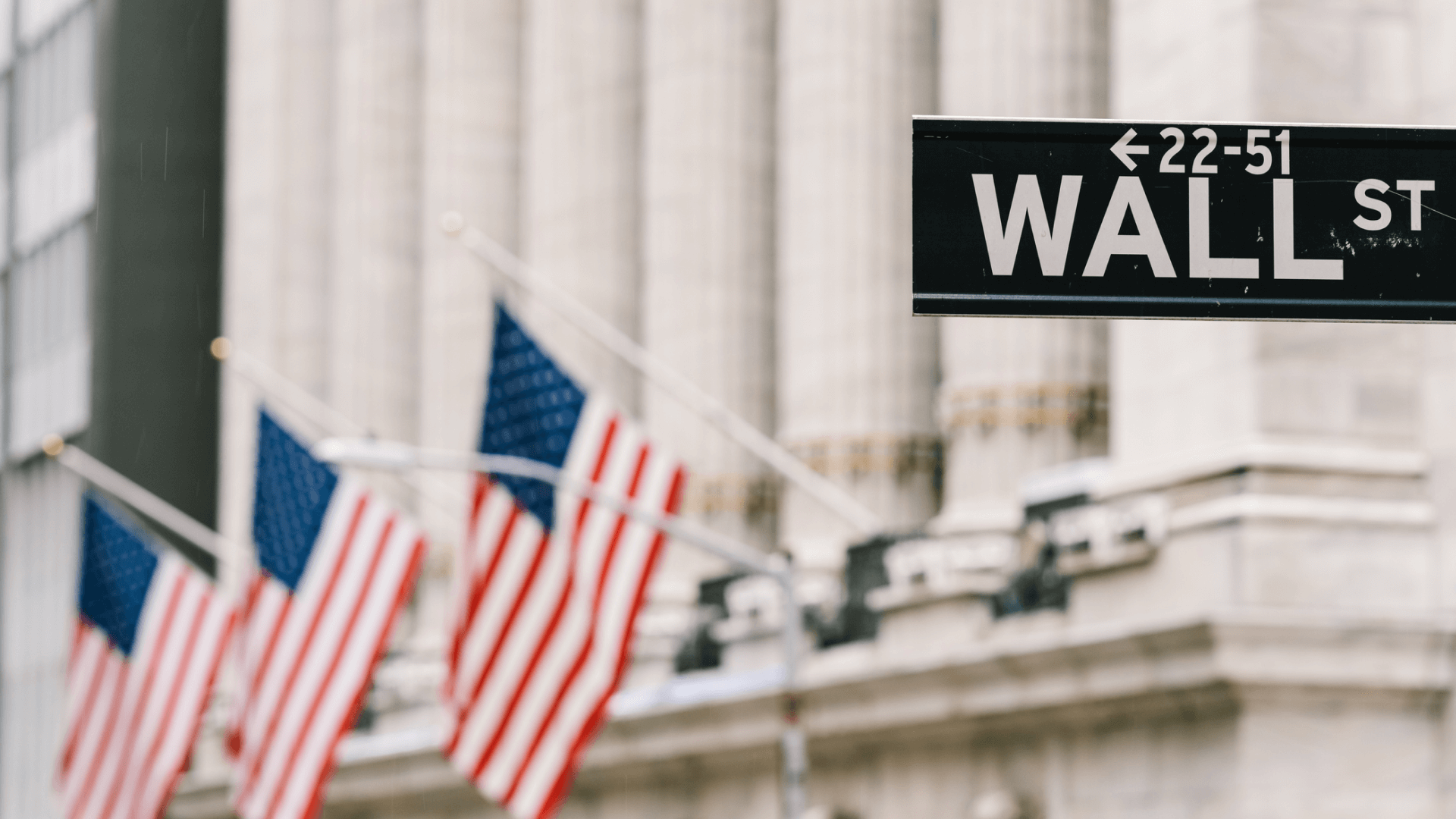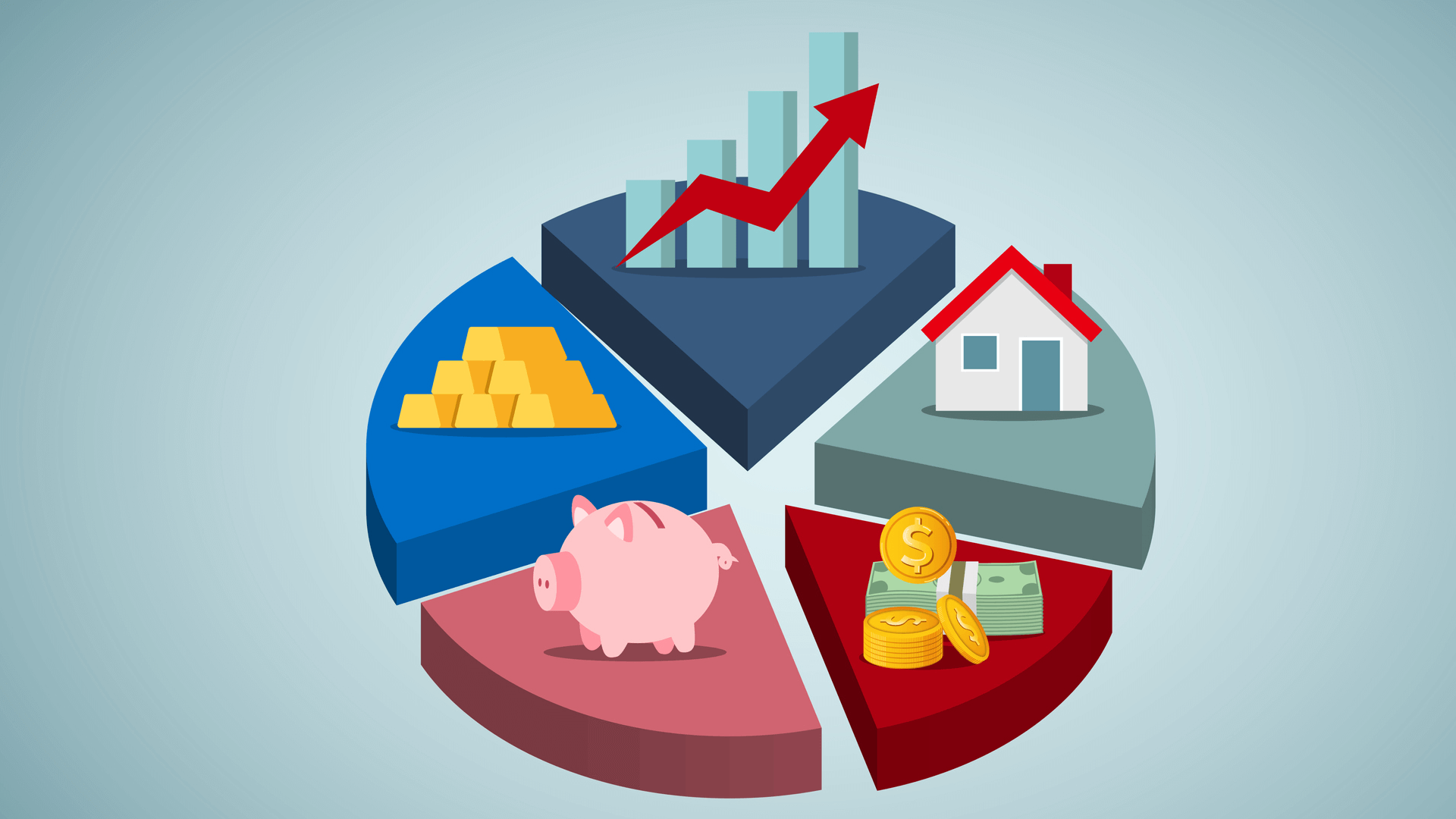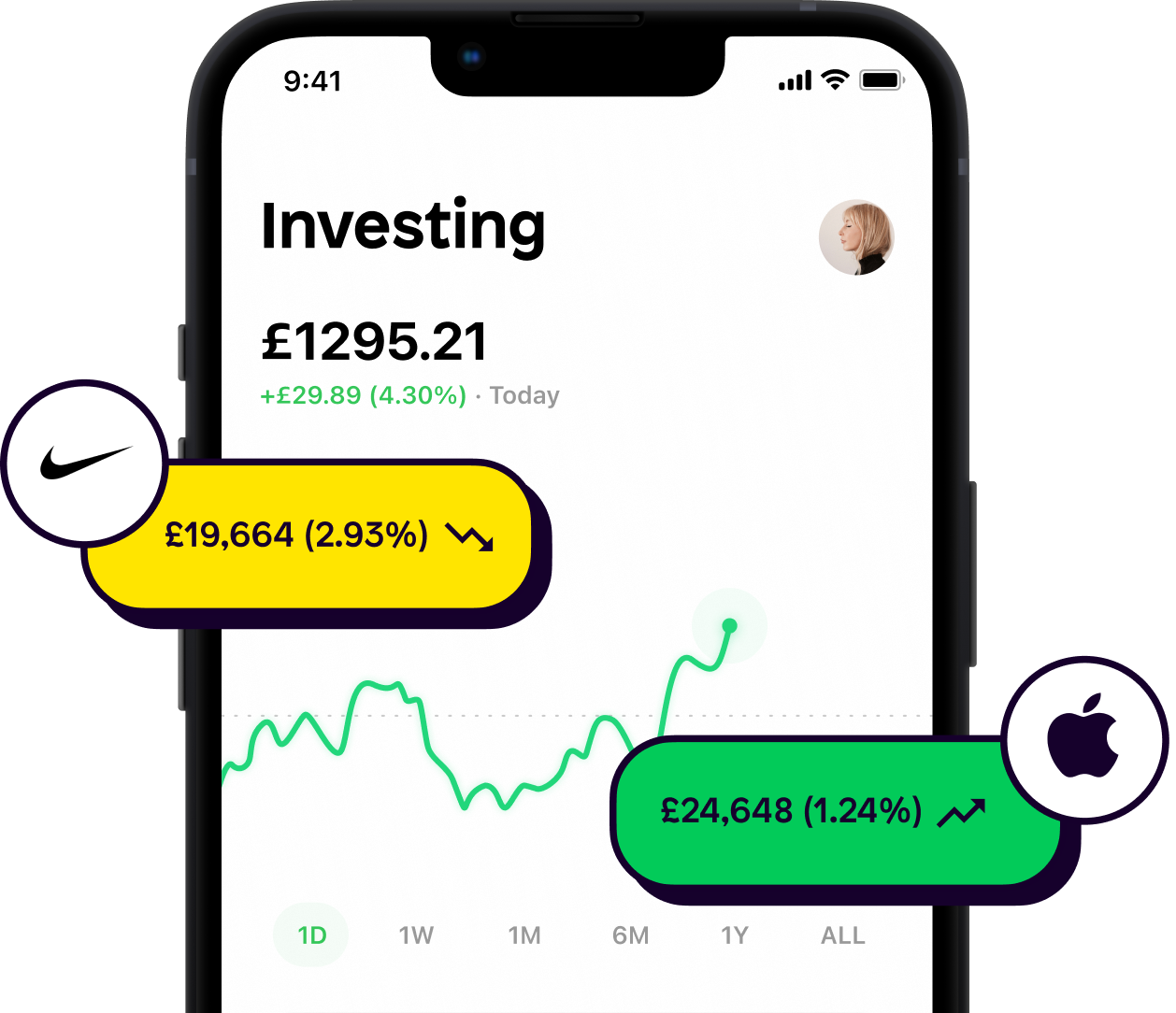The Shares app features over 1,000 stocks and is a place where you can learn from other investors and grow your market knowledge.
People often turn towards investing after receiving a bonus, inheritance or even because they’re wanting to invest on behalf of their newborn child.
Whatever your reason, here’s a guide to help you get started with where to invest your £1,000.
TL;DR
In this article we talk about:
What to consider before investing £1,000
How to diversify your £1,000
How to make money with £1,000 invested
Where you can start investing
What to consider before investing £1,000
Before you begin investing, it’s important to consider your own financial situation.
One in three UK adults say thinking about their financial situation makes them feel worried, so make sure you’re financially secure before allocating any funds towards investing.
Give our blog post a read on whether you’re ready to invest.
We talk about key considerations such as:
Paying off ‘bad debt’
Contributing to a pension
Savings for an emergency
Ensuring you have a steady income
Creating a budget planner (use our free one by signing up to The Weekly Scoop)
How to invest 1,000 pounds in 2023
Once you’ve followed the steps above and explored setting up a stocks and shares ISA account, it’s time to start thinking about what you want to invest in. (Just remember to seek tax advice if you aren’t sure on a how a stocks and shares account is taxed).
Stocks are the world’s most popular asset, but just picking stocks based on the brands you recognise isn’t a solid investment strategy.
Whilst you can explore assets such as funds and ETFs that offer more diversification, you can also visit our blog post and learn a proper investing strategy by researching specific companies that you believe could perform well over the long term.
For beginners, it’s important to remain diversified with your stock picks. Keeping your investments varied across different industries and countries helps smooth out market volatility.

If stocks aren’t something you want to invest in, you can visit our guides on different asset classes such as:
How to make money with £1,000 invested
There are two ways a £1,000 investment can help generate money. Of course, you can also lose money through investing as your capital is always at risk.
1. Capital gains
If you sell a stock for a profit, the ‘capital gain’ simply refers to the profit you’ve made
For example, if you bought 100 shares priced at £10 each, held them for a year and each share rose to £17 each, then you’d have made an extra £700 from your investment, or in other words a capital gain of £700.
Just remember to check the capital gains tax rates, as well as other taxes such as income tax via the UK government’s website!
2. Passive income
Stocks and shares aren’t always an asset associated with passive income; often people may consider property when looking for a regular income stream.
But, companies who pay dividends will pay you simply for owning their stock (just remember, a company can cut its dividend at any time and dividend tax will apply). If passive income and stocks and shares is something you’re interested in, brush up on your dividend knowledge by checking out:
Don’t have a lump sum of cash to invest? No worries! You can start dollar-cost averaging into the market.
Where you can start investing
The Shares app has over 1,000 stocks, makes the investing process straightforward and connects you with a community of other investors.
Have a different lump sum amount you want to invest? Check out our guides on:
Have any more burning questions we didn’t cover? Download the Shares app and ask away inside our community!
Make sure to follow us on our socials 👇
As with all investing, your capital is at risk.
This content is for educational purposes only. Shares does not provide investment advice. If you are unsure about anything, please seek advice from an authorised financial advisor. Shares is a trading name of Shares App Ltd. Shares App Ltd is an appointed representative of RiskSave Technologies Ltd, which is authorised and regulated by the Financial Conduct Authority.












